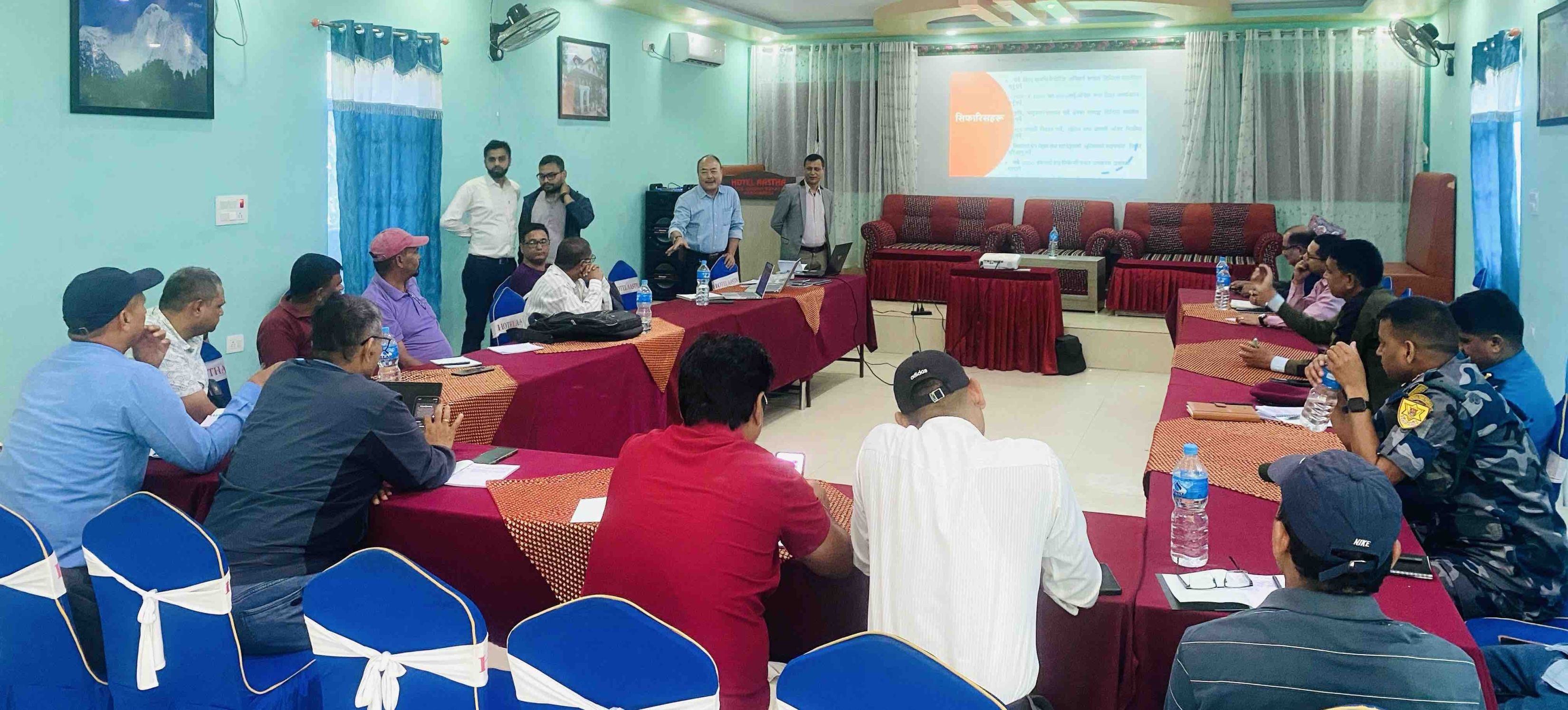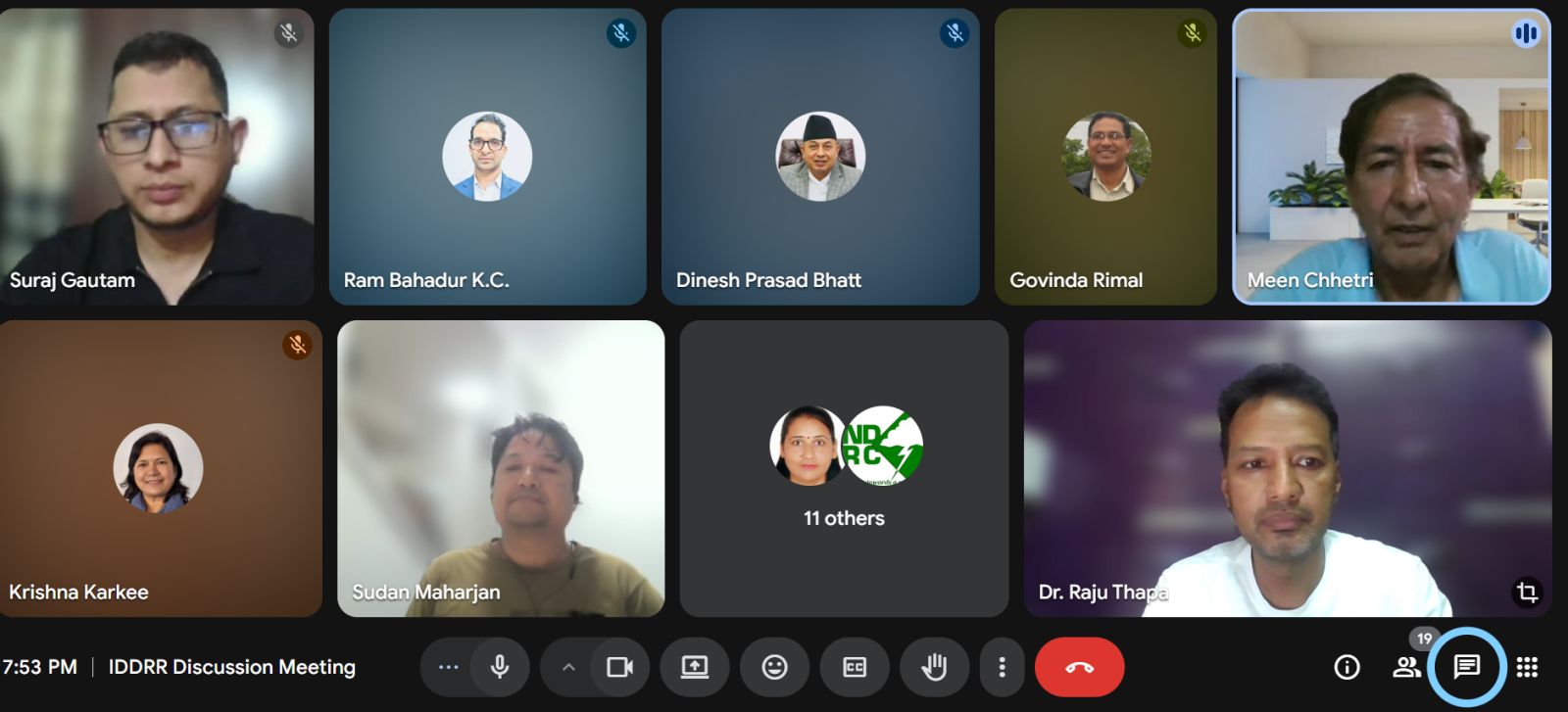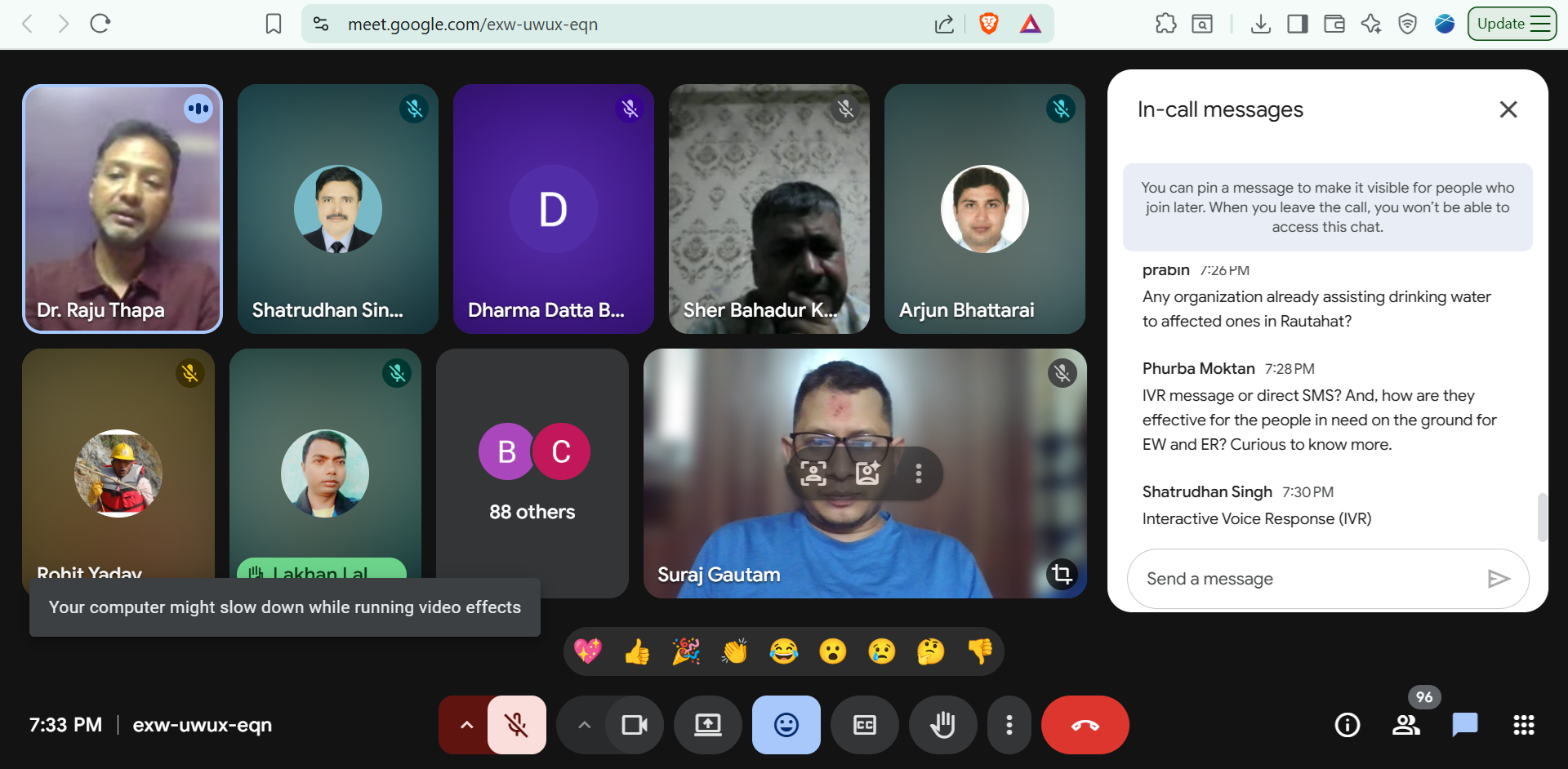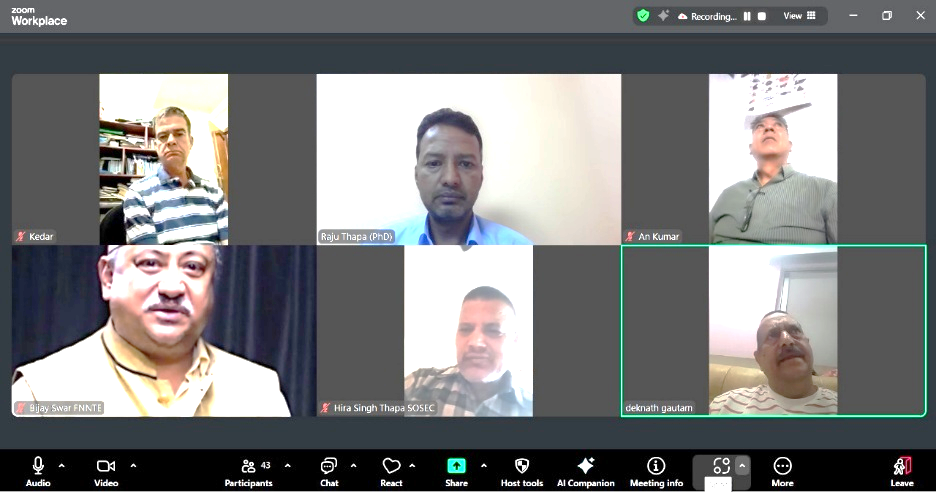Provincial Gap Analysis on DRRM Sharing Workshop

A provincial-level workshop on the Gap Analysis of Disaster Risk Reduction and Management (DRRM) was organized in Dhangadhi on 2nd May 2025 in coordination with DPNet Sudurpachim Province Committee. The program was chaired by Mr. Rajendra Kumar Hamal, Secretary of the Ministry of Internal Affairs and Law, Sudurpaschim Province. Honorable Minister Hira Sarki, Ministry of Internal Affairs and Law, graced the event as Chief Guest, while Mr. Sher Bahadur Basnet from DPNet attended as a special guest.
In his remarks, Chief Guest Minister Hira Sarki expressed sincere appreciation to all supporting agencies including ECHO, People in Need (PIN), Community Self Reliance Centre (CSRC), and DpNET for their collaborative efforts in this important initiative. She emphasized the need for strengthened joint collaboration to enhance the province’s and local levels’ DRR capacity and ensure timely and effective response mechanisms. Furthermore, she underlined the significance of private sector engagement and stated that the provincial government is committed to including the private sector in all planning processes related to DRR.
Chairperson Mr. Rajendra Kumar Hamal shared that the ministry is committed to incorporating the recommendations of the gap analysis report into the province’s planning and implementation processes. He urged all ministries to prioritize disaster risk reduction in their work. He also pointed out key challenges faced by the province, particularly the lack of capacity, limited resources, and insufficient data and evidence, which hinder effective planning and execution. He called for the increased use of technology to improve DRR and management efforts.
Additional feedback and insights shared during the workshop included the urgent need for HF radio sets in the District Emergency Operation Centers (DEOCs) of Bajhang, Bajura, and Darchula, where the current budget allocation of NPR 1 million is insufficient. Participants stressed the importance of developing a provincial-level corporate sector strategy to foster public-private partnerships and resource mobilization. Cost-sharing mechanisms between provinces and local governments (Palikas) were recommended to collectively address similar disaster types. Moreover, the need for coordinated joint planning among neighboring provinces and Palikas was highlighted. For early warning systems (EWS), the use of SMS remains vital, but integrating Interactive Voice Response (IVR) technology and establishing robust upstream and downstream linkages can add greater value to timely information dissemination.
The workshop concluded with a collective commitment to address identified gaps and enhance the resilience of communities across Sudurpaschim Province through inclusive, data-driven, and coordinated DRR efforts.











